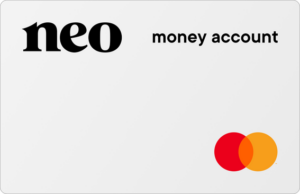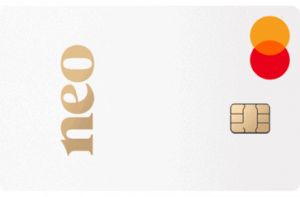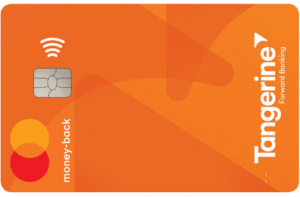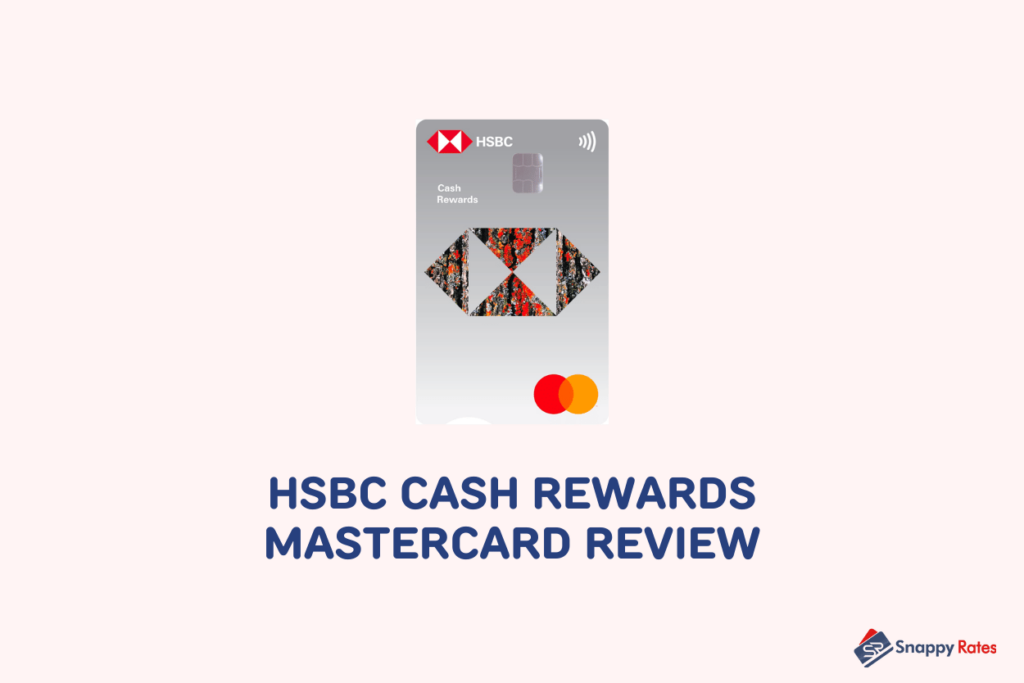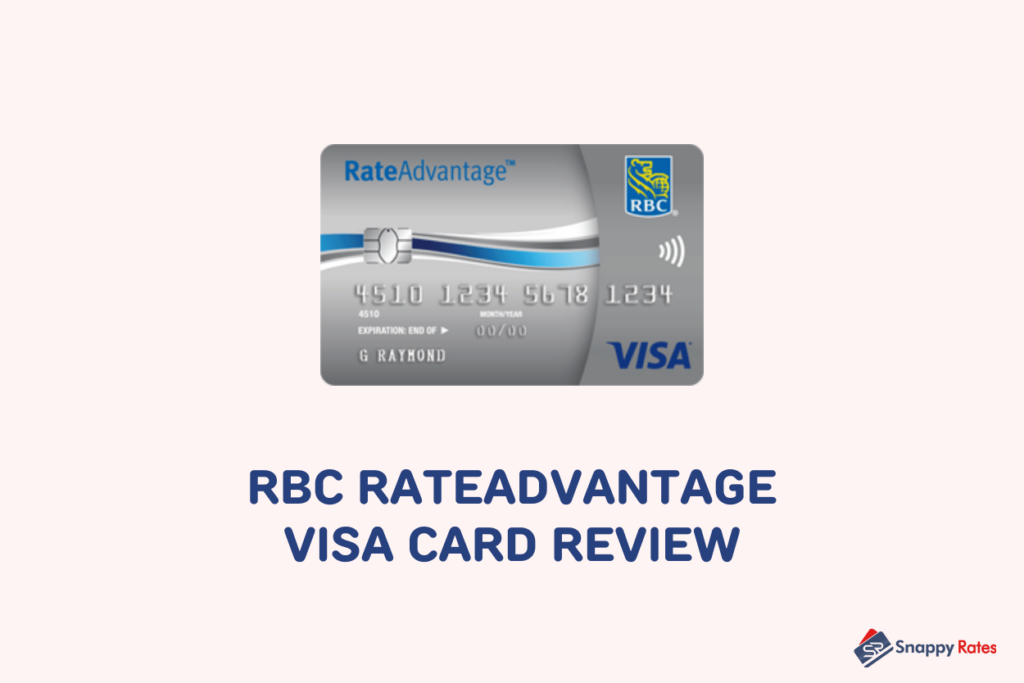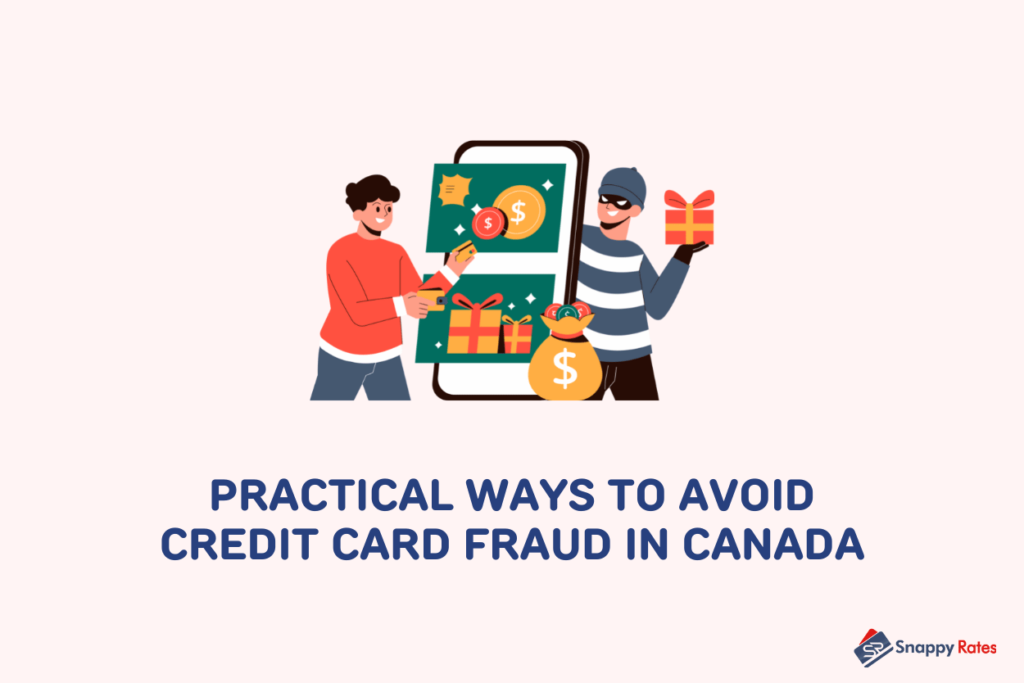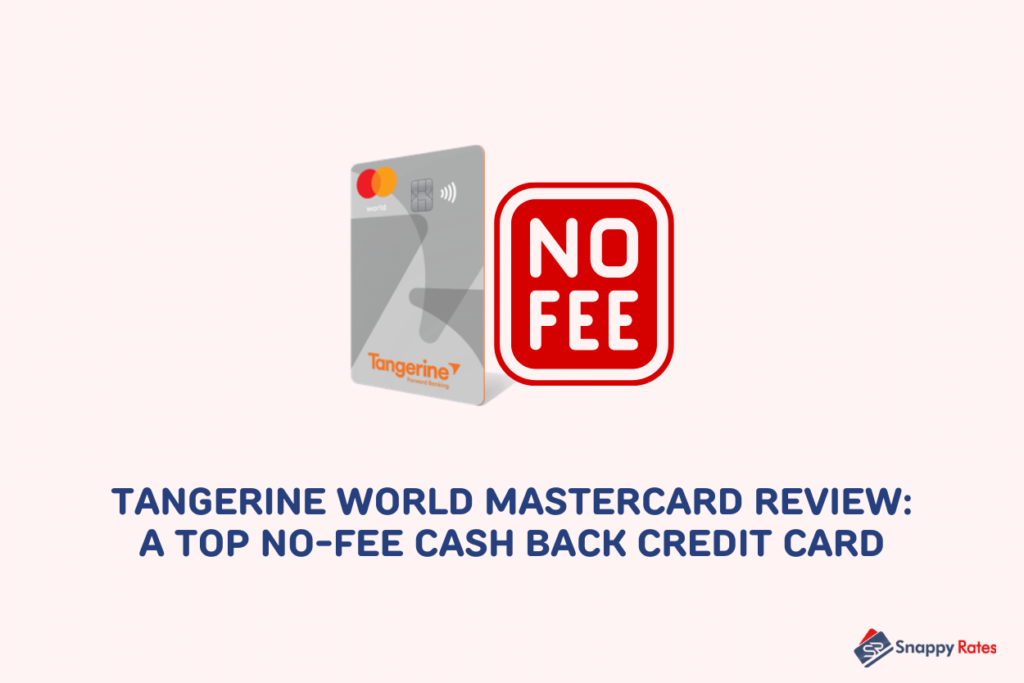A credit score in Canada is a three-digit number that ranges from 300 to 900 points. Lenders use it to determine your creditworthiness, and the higher your credit score, the better your chances of qualifying for credit.
Credit scores are very important in Canada. If you cannot pay cash upfront when purchasing a car or a home, you will need to depend on the strength of your credit profile to apply for a credit product at some point in your life.
Many details go into calculating your credit score.
Read this guide to understand what a good credit score is in Canada, how credit scores and credit reports work, how to get your free credit score and report in Canada, and how to improve your credit score.
What is a Good Credit Score in Canada?
The two major credit bureaus in Canada, Equifax and Transunion, calculate your credit score using proprietary formulas. While the score you obtain from either credit bureau may vary, generally, they are as follows.
Excellent credit (800-900): You qualify for the best rates available and should not have difficulties getting a loan.
Very good credit (720-799): Access to very good rates is easy. There is some room to improve your credit score to the excellent range.
Good credit (650-719): Lenders may not offer their best rates, but you can still obtain financing.
Poor credit (600-649): Some lenders will approve you for loans at a higher interest rate. Generally, obtaining credit will be challenging.
Bad credit (300-599): Lenders consider you very high risk, and you will have difficulty accessing credit products. Some lenders offer secured loans, but you will pay prohibitively high-interest rates.
So, what’s a good credit score in Canada? If your credit score falls in the 650-719 range, it is considered “good.”
What is the Average Credit Score in Canada?
Where do you rank when the average credit score in Canada is considered?
As per Borrowell, the average credit score in Canada is 749, which means that a majority of Canadians have a very good credit score.
Credit scores vary by city and province in Canada. A Borrowell study conducted in 2018 showed that Borrowell members in Vancouver had the highest credit scores, while those in Whitehorse had the least.
Credit scores also appear to vary significantly by age. Younger individuals tend to have lower credit scores, while seniors (60+) generally do much better.
How To Check Your Credit Score in Canada
Canadians used to pay around $20 a pop to access their credit scores. Gone are those days.
Several fintech companies in the country now provide access to free credit scores on a weekly to monthly basis. This has made credit monitoring easier than ever.
Check Free Equifax Credit Score
1. Borrowell Credit Score
Borrowell was the first Canadian company to offer free credit scores and reports through Equifax. They currently serve more than 1 million members.
When you sign up for this service, you receive a weekly update of your credit score and report.
How does Borrowell make money? By promoting financial products such as loans and credit cards to their users. You are not obliged to apply for these products; however, if you do, the lender or credit card issuer pays them a referral fee.
Is Borrowell Safe? As per their website, they do not “disclose, trade, rent, sell or otherwise transfer your personal information without your consent.” They use bank-level 256-bit encryption to secure your data.
Read this Borrowell review for more information.
2. Mogo Credit Score
Mogo is a Canadian fintech that offers free Equifax credit scores, among other products. They do not provide credit reports.
Using the Mogo app, you can check your updated free credit score monthly if you use its prepaid card, MogoCard.
Read this Mogo review for more information.
Check Free TransUnion Credit Score
3. Credit Karma Credit Score
Credit Karma offers free Transunion credit scores and reports in Canada and the United States. When you sign up with them, you receive weekly updates.
How does CreditKarma make money? Like Borrowell and Mogo, they promote other credit products, and if you make a purchase, they earn a commission.
Is CreditKarma safe? As per their website, they “will not sell or rent your personal information to third parties for any purpose.” Credit Karma uses 128-bit encryption to protect your account.
The Transunion and Equifax credit scores you receive from these free sources may differ a bit from what your lender or bank receives.
Various models are in use, and your scores may vary. The free credit score gives you a good idea of where you stand.
Also, if you wonder whether checking your free credit score causes it to drop, the answer is “No.”
How To Get Your Free Credit Report in Canada
As mentioned already, you can get your free credit report from both Borrowell and Credit Karma. If you would rather get them directly from the credit bureaus, that’s also possible.
In Canada, the credit bureaus are obligated to provide you with one free credit report per year when requested.
Here’s how to obtain your annual free credit report.
Equifax Free Credit Report
Download and complete the application form on their website and mail it to National Consumer Relations, P.O. Box 190, Station Jean-Talon, Montreal, Quebec H1S 2Z2, or send it via fax to 514-355-8502.
You can also call them to request a credit report at 1-800-465-7166.
Transunion Free Credit Report
Also referred to as a “Consumer Disclosure,” you can request your copy online or download and send a completed application form to Transunion Consumer Relations Department, 3115 Harvester Road, Suite 201 Burlington, Ontario L7N 3N8.
You can also reach them by phone at 1-800-663-9980.
Credit Bureaus in Canada
The two main credit bureaus operating in Canada are Transunion and Equifax. A third credit bureau, Experian, shut down operations in Canada in 2009.
Credit bureaus collect information from lenders, creditors, and public records and input this information into your credit file.
Creditors may report to one or both credit reporting agencies.
How is Your Credit Score Calculated?
Credit bureaus and lenders take many factors into consideration when computing your credit score. Their models generally consider the following:
A. Payment History (35%): This makes up a whopping 35% of your credit score. Do you make payments on time, all of the time?
B. Credit Utilization (30%): How much of the credit available to you have you utilized? Experts say you should use no more than 30% of your credit limit.
C. Length of Credit History (15%): The longer your history of using credit, the better. This is one factor that significantly impacts new Canadians who have no credit history in Canada.
D. New Credit Inquiries (10%): When a lender pulls your credit file, a hard inquiry is logged (unless otherwise advised that they will only be making a soft inquiry). Hard inquiries negatively impact your credit score, particularly if you get lots of them within a short period of time. This is because it leads lenders to believe you are in financial trouble.
E. Credit Variety (10%): Mix up the type of credit product you have to improve your credit score. For example, a mix of a personal loan, credit card, and line of credit in good standing will carry more weight than if you only had a credit card. It shows lenders that you are good at managing all types of credit.
Equifax vs. Transunion Credit Score
Transunion and Equifax credit scores are often not the same. Here are some reasons why your credit scores from these Canadian credit bureaus may be different.
Different algorithms: They use different models to calculate your score.
Reporting by lenders: Some lenders report to both credit bureaus, some report to only one, and some do not report at all.
Different dates: Credit scores are always evolving. If you are comparing credit scores processed on different dates, chances are they will be different.
How To Increase Your Credit Score
An excellent credit score will make it easier for you to qualify for a personal loan or mortgage when you need one.
Here are some strategies to improve your credit score:
- Pay off your bills on time.
- Lower your credit utilization by using less than 30% of your total limit. For example, if your credit limit is $10,000, use no more than $3,000 at any point in time.
- Do not make too many credit applications within a short timeframe.
- Keep a healthy mix of different types of credit, e.g. a combination of credit cards, personal loans, lines of credit, etc., in good standing increases the strength of your credit profile.
- Do not close your oldest credit cards.
How To Dispute Credit Report Errors
A credit report documents your credit history and shows the following information:
- Personal details: name, date of birth, address (current and previous), social insurance number, employment history.
- Financial information and public records: credit balances and limits, payment history, bankruptcy, debts in collections, hard inquiries by lenders, liens, lawsuits, court judgments and more.
Access your free credit report as often as possible and scan for errors.
Common errors that may show up include a wrong name, address, or date of birth; inaccurate account statuses such as a late payment that was made on time or closed accounts that are still open; and negative information remaining on your file after they should have been removed.
Credit report errors can damage your credit score. To dispute an error on your report, contact the credit bureau directly and ask them to investigate your claim. This process is free.
When you review your credit report, also watch out for potential red flags that may indicate identity theft or fraud.
Credit Score FAQs
Here are some answers to popular credit score questions:
Does checking your credit score hurt it?
Checking your own credit score does not impact it in one way or another. If a lender checks your credit file because you are applying for a loan, this may lower your score and is referred to as a “hard inquiry.”
Do I need to pay to access my credit score?
While credit scores are still being promoted as a paid service, you don’t need to pay to access your credit score unless you want to. Borrowell provides a free Equifax credit score, and Credit Karma provides a free Transunion credit score.
Does it take years to improve a credit score?
It takes time to repair damage to your credit score. With good credit management, you can start seeing improvements within a few months.
Does bankruptcy permanently ruin your credit score?
Not necessarily. Equifax and Transunion remove a bankruptcy from your credit report 6-7 years after you have been discharged.
Does having no debt correspond to a perfect credit score?
Becoming free from debt is great for your finances. Your credit score depends on your overall financial management of credit. If you pay off your debts on time, it helps your credit score. If you have managed credit poorly in the past, it may take a while to see improvements in your credit score, even if you pay off all your debts.
Does paying off a collections account or judgment remove them from your credit report?
Negative information, including bankruptcy, remains on your credit report for 6-7 years in most Canadian provinces. If you declare more than one bankruptcy, it will remain on your credit for 14 years.
Do couples have a joint credit score?
No, your credit score is not shared with anyone else. It’s tied to your name and social insurance number. That being said, if you share a joint account with a partner, the payment history on that account is reflected in both your credit reports.
Is getting into debt is the only way to build your credit score?
No. Racking up more debt than you can handle will ding your credit score. To improve your credit score, only apply for credit when needed. Pay off your balance on time and keep your credit utilization below 30%.
Is the free credit score the same one lenders use?
The credit score and report you get online differ from the ones lenders use to assess your application. Usually, lenders will also take other factors, such as your income, into consideration.
Is a credit repair company needed to improve my credit score?
Credit repair companies do not have a magic wand to turn your credit score around overnight. You will need good credit management over time to increase your score.
Do I have only one credit score?
No. Credit bureaus use different algorithms for calculating your credit score. Your credit score from Transunion and Equifax may differ by small to large margins.
Do I have only one credit report?
No. Your Equifax and Transunion reports may differ. This is because lenders may report to only one or both agencies.
Related:
